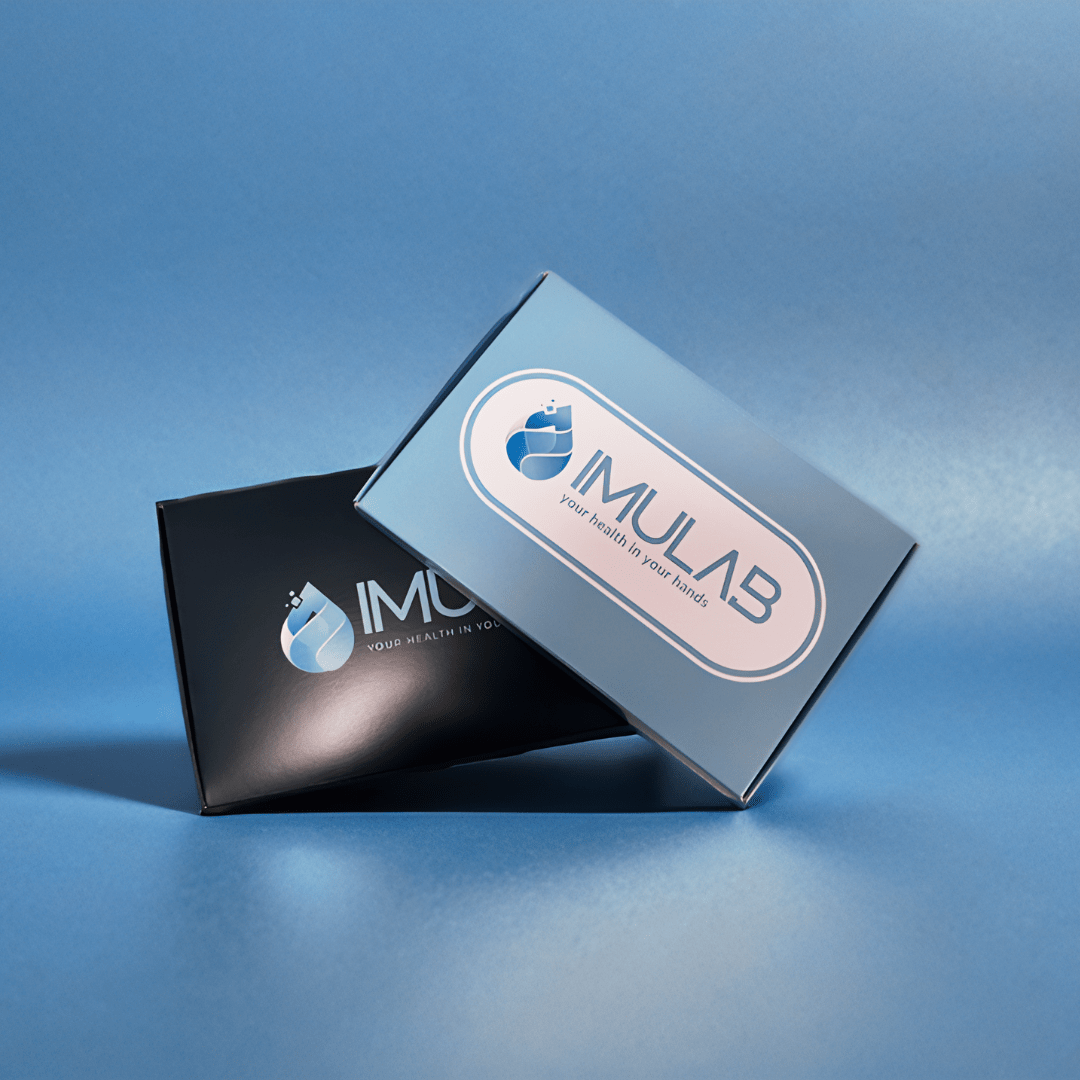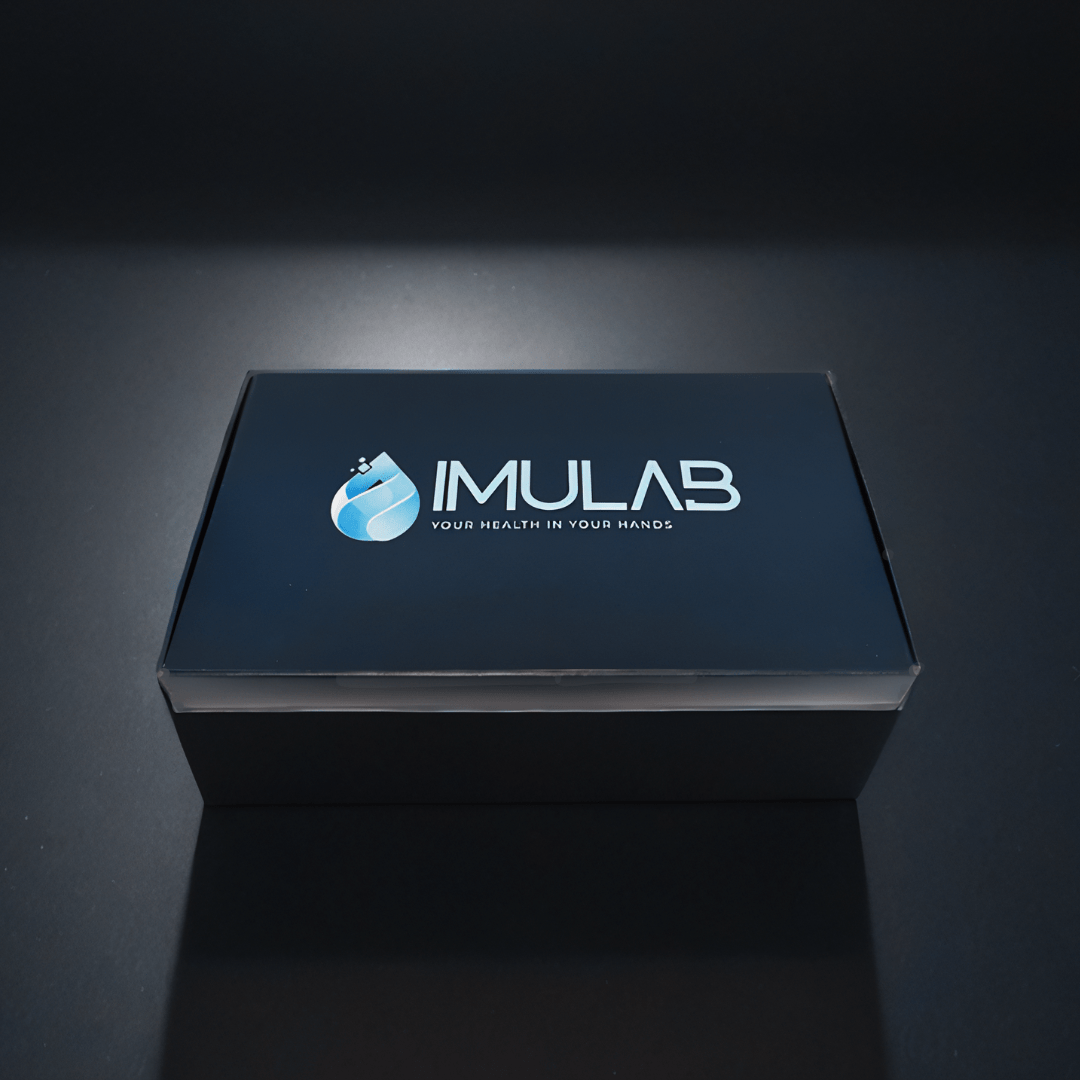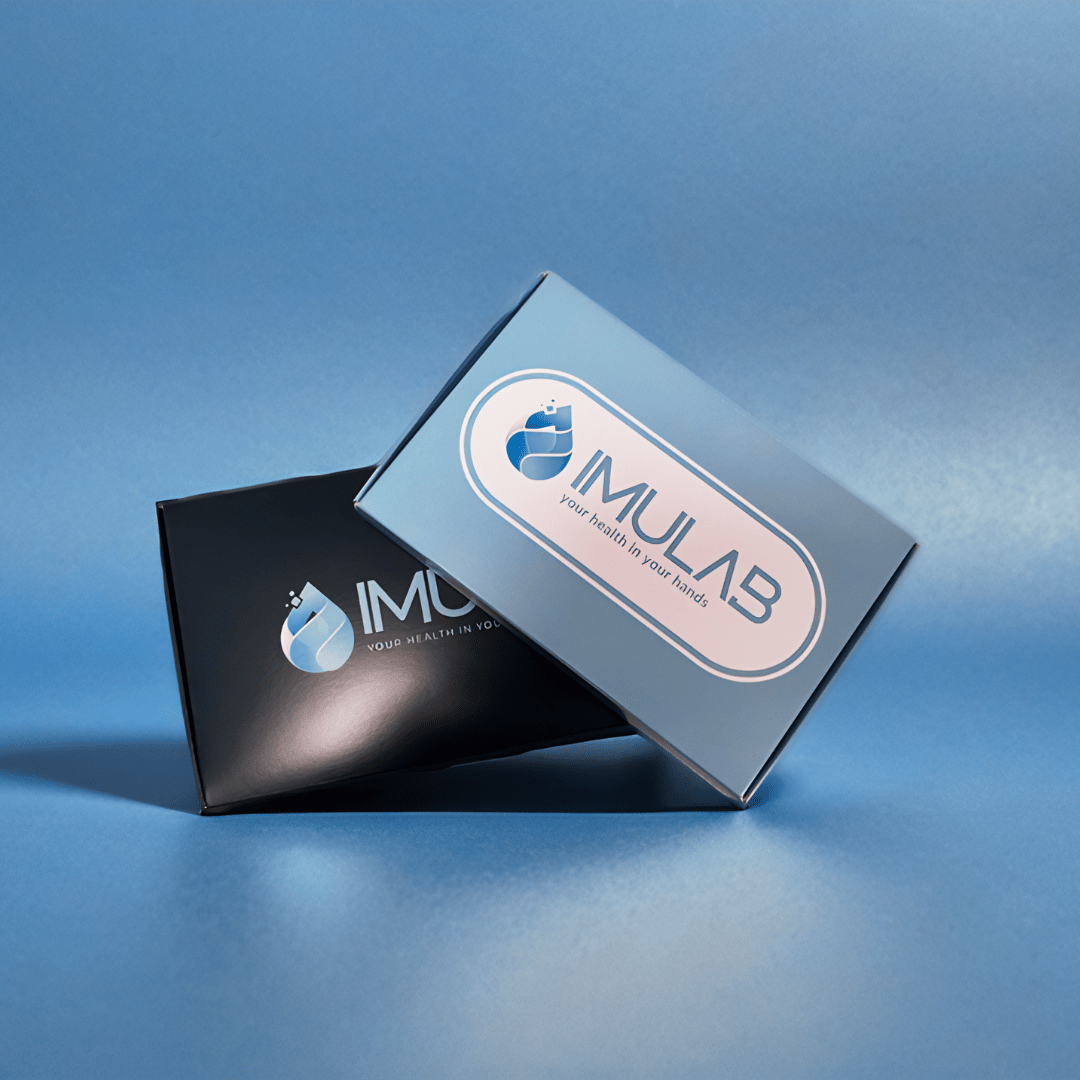IMULAB
Hormone Replacement Therapy (HRT)
Hormone Replacement Therapy (HRT)
How do you want to take your sample?
Please choose one option below-
Collect your own sample at home Free
Self sampling kit containing everything you need to take your own finger prick blood sample sample at home.
-
Sample collection at a Superdrug Clinic +£35.00
Visit one of Superdrug's clinics across the UK where a healthcare professional will take your sample from a vein in your arm. We’ll email you instructions on how to book after we’ve processed your order.
-
Sample collection at home with a nurse +£59.00
Book an appointment for one of our nurses to visit your home and take your blood sample from a vein your arm.
-
Sample collection with your own healthcare professional Free
Make an appointment with a healthcare professional of your choice to have your venous blood sample taken. You will be responsible for arranging your appointment and any additional fees.
Couldn't load pickup availability
✅ Results expected within 2 working days
Hormone replacement therapy (HRT) users can benefit from this test.
Hormone levels fluctuate naturally during menopause, and HRT aims to replace the hormones that the body no longer produces in sufficient amounts. This blood test can provide insights into the effectiveness of your HRT treatment by measuring the levels of oestradiol, progesterone, and FSH.
This test is suitable for a finger prick sample at home, with our partner clinics at Superdrug across the UK. Alternatively, you can choose to have one of our nurses or your own healthcare professional take your venous sample in the comfort of your own home. Results are normally available within 2 working days from receipt of your sample at our laboratory and delivered directly to you through our secure online patient portal.


What's included in this test?
Oestradiol
Oestradiol is a steroid hormone that is primarily produced in the ovaries of women and to a lesser extent in the testes of men. It is one of three types of estrogen and has important functions in regulating the female reproductive system, as well as promoting breast tissue growth and maintaining bone density. Oestradiol levels naturally fluctuate throughout the menstrual cycle, peaking at ovulation in pre-menopausal women. As women age, their oestradiol levels decrease and eventually stop altogether with menopause. Low levels of oestradiol can lead to symptoms commonly associated with menopause such as hot flushes, night sweats, and mood swings. Additionally, low levels of oestradiol can increase the risk of developing osteoporosis.
Progesterone
FSH
Sampling special instructions
For accurate results in your HRT blood test follow the instructions within you test kit. Also, avoid taking a finger-prick sample from fingers used for applying hormone gels, pessaries, or patches in the past 4 weeks. If prescribed, discuss with your doctor whether to stop taking biotin supplements for two days before the test. These instructions will help ensure reliable and precise results.


